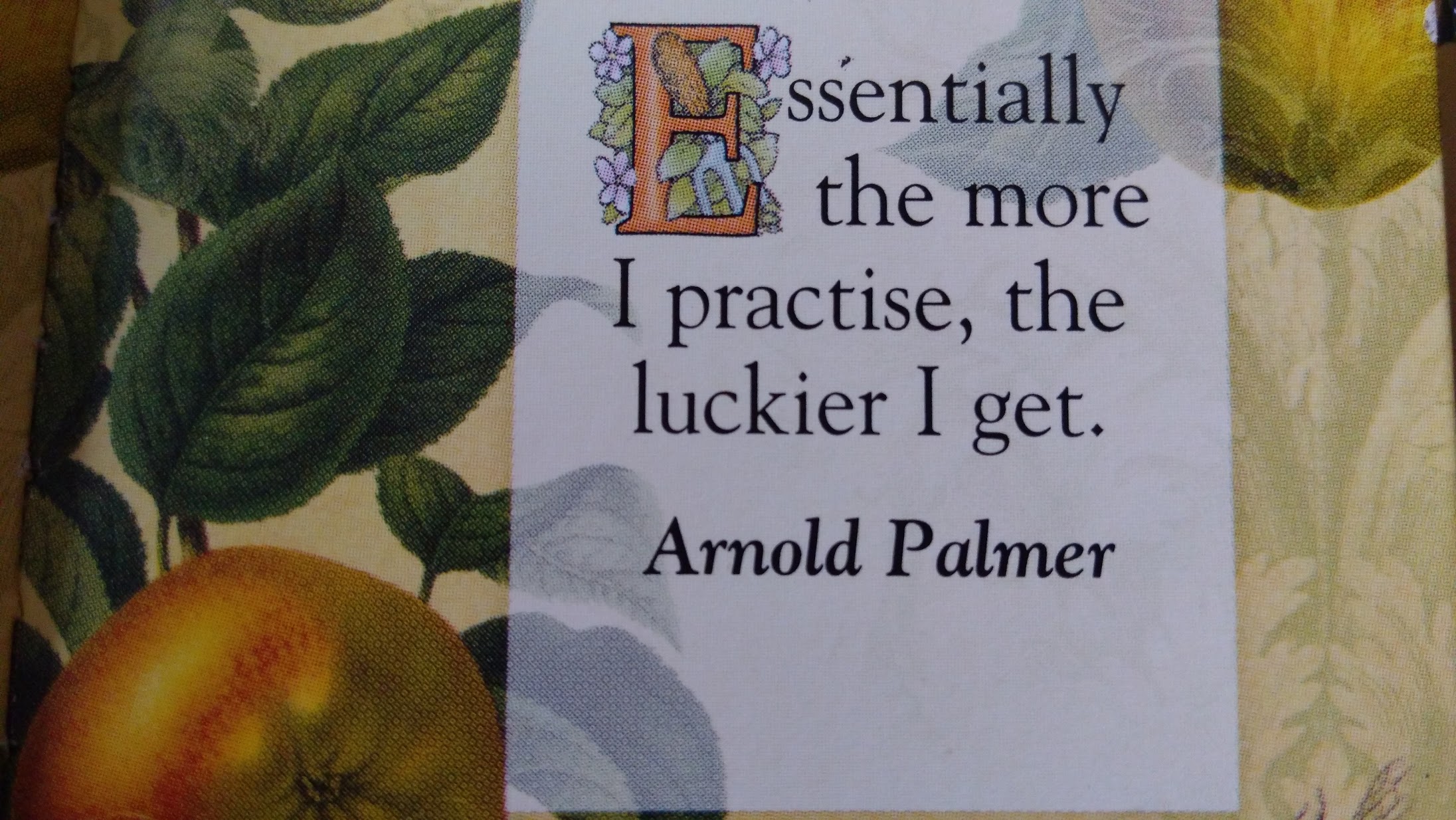To write an essay is a creative task, no matter where you write it, in a diary for yourself or getting ready for an exam. Of course, the latter activity is quite responsible and takes a lot of time and effort of both the teacher and the student. When was the last time you wrote an essay? Have you ever prepared a student, especially one one who has a lower level of English than you expected, to write anything in English? Some students have specific purposes connected with writing like writing emails to business partners, or writing for exams. How can you encourage, assist, teach them and reach the desirable results?
I often have to grade essays and I have collected a number of important do’s & don’ts of teaching essay writing to weaker students.
STEP-1 Define your students’ weak points
— Use Small talk – even if you follow a coursebook, while having a conversation with a student, ask questions on different topics using various grammatical tenses that will help you to approximately understand what grammar structures your student knows and doesn’t know.
— Set some Placement test, Skyeng has an interactive test, or you can find other tests for extra checking. MacMillan offers downloadable tests for various levels, from Beginner to Advanced.
STEP-2 Start ‘healing’ your students’ ‘bugs’
From time to time you can offer some extra grammar lessons and practice the hottest topics.
STEP-3 Get down to business
There are various scenarios I follow. You can always discuss your students’ fears and show them how it’s important to write essays.

Below, I’ve collected some of my students’ doubts:
I don’t want to write, I can’t
The first thing is that low-level students (and sometimes higher-level students, too) don’t have a desire to write anything on their own. Hence, short writing activities should be included in the lesson to create a writing habit.
For example, ask students to answer your questions on the target topic orally and then in written form. Step-by-step encouragement will inspire them to start writing independently.
I can’t, I don’t have imagination
It’s a myth. We all have imagination, and if students feel they don’t, the task of the teacher is to help them discover their capabilities in no time.
Give them the skeleton of the essay structure, let them play with it, fill it, and see that nothing is impossible in reality. I always give my students some food for thoughts – to read, think, recall – so that they could develop their imagination.
I don’t know how to start
As a teacher, you can investigate Oxford/Cambridge editions, for example, such as Click on, Outcomes, English file, etc. to see how they go about such writing lessons.
Provide your students with a simple essay structure, extra practice, and assist them on their way:



I don’t know words
For instance, while you are giving a typical lesson about a FLAT, do warm up with the names of rooms and furniture, have some listening/reading exercises about renting/buying houses, practise with There is/are constructions, and if you’re planning to give an essay connected with Working/Living place, I recommend going through the essay questions together, say, having such a conversation with some delayed feedback, so then, afterwards, students could have ideas for writing.
I don’t know grammar well enough
Actually it’s not absolutely true, in fact all students have a specific bunch of mistakes/problems, no matter which level they belong to.
According to my personal essay stats, the following problems are among the most common ones in essay writing: wrong word order, mistakes with nouns (singularity, plurality), wrong vocabulary choice (poor knowledge of collocations or poor vocabulary), use of wrong tense forms (negative, positive, questions), spelling, problems with the composition and essay format, absence of cohesive and coherence devices. Please pay attention to these mistakes that usually grow in their number from beginner to advanced levels.
It’s obvious that grammar should be taught contextually, within some definite situation, for the rules to be worked out and better remembered. However, students should be motivated to do some self-study, too. As a result, you will see them working hard, aiming to get rid of their old mistakes and gain automatic reactions and responses.
I don’t have ideas
It’s necessary to supply your students with ideas for their essays.
Such scaffolding can include:
— topics (your task is to “advertise” any topic the way the students would like them). To inspire myself with ideas, I can search Wiki, for a list of hobbies to use in my lessons
— sample structures (either in audio or in text formats). We usually prepare our own list of structures that our students need (depending on whether they are practicing general English, Business English, or prepare for an exam)
— collocations (for USE(ЕГЭ), IELTS), and linkers.Constant revision is very important here.

I don’t write because I am afraid of making mistakes
Objective, rational feedback is crucial and valuable.
A teacher is always an assessor and our task is to improve our approach to assessment. How? The key moment is to give the feedback in a “soft way”, carefully, with our tender attitude as you might hurt and make your student upset, but still you want them to be productive and successful, hence it’s impossible not to assess students. Help them to love their mistakes as then it becomes easier to get rid of these mistakes forever.






 Вероника Аветисян
Вероника Аветисян 
 Маргарита Аветисян
Маргарита Аветисян 



Thank you, good job, ?
You are welcome! ❤️